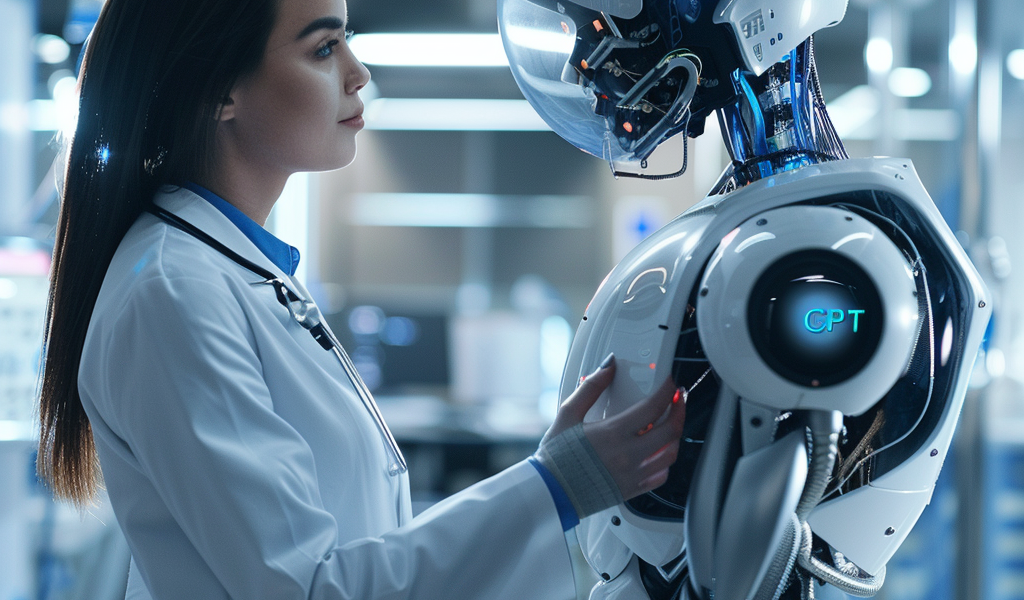OpenAI’s latest update, GPT-4o, is set to revolutionize the field of medicine and healthcare with its groundbreaking capabilities. Since the introduction of ChatGPT in 2022, AI tools have made significant advancements in the medical sector, enhancing diagnostic accuracy, treatment recommendations, and patient monitoring.
Despite the potential of generative AI, its adoption in U.S. healthcare and society remains relatively low. OpenAI’s GPT-4o aims to change this by offering users a more natural and engaging interaction experience.
In a recent demonstration, GPT-4o showcased its ability to engage in human-like conversations across various mediums such as video, audio, and text. The AI provided real-time responses that closely resembled human dialogue, creating a seamless and immersive experience for users.
While the voice of GPT-4o was likened to Scarlett Johansson’s AI character in the movie ‘Her,’ the technology’s impact goes beyond mere entertainment. By humanizing the AI experience, OpenAI aims to address concerns related to trust, accuracy, privacy, and bias, paving the way for broader acceptance and adoption.
OpenAI’s approach of making GPT-4o more relatable and user-friendly is crucial in attracting a wider demographic, including Gen X and Baby Boomers who prefer voice and video technologies over traditional interfaces. By focusing on creating a conversational AI platform, OpenAI aims to bridge the gap between early adopters and mainstream users, ensuring that the technology is accessible to a diverse audience.
As OpenAI continues to push the boundaries of AI innovation, the implications of GPT-4o for the field of medicine are vast. By leveraging the power of generative AI in healthcare, we are witnessing a transformative shift in how medical professionals interact with technology, ultimately leading to improved patient care and outcomes.





